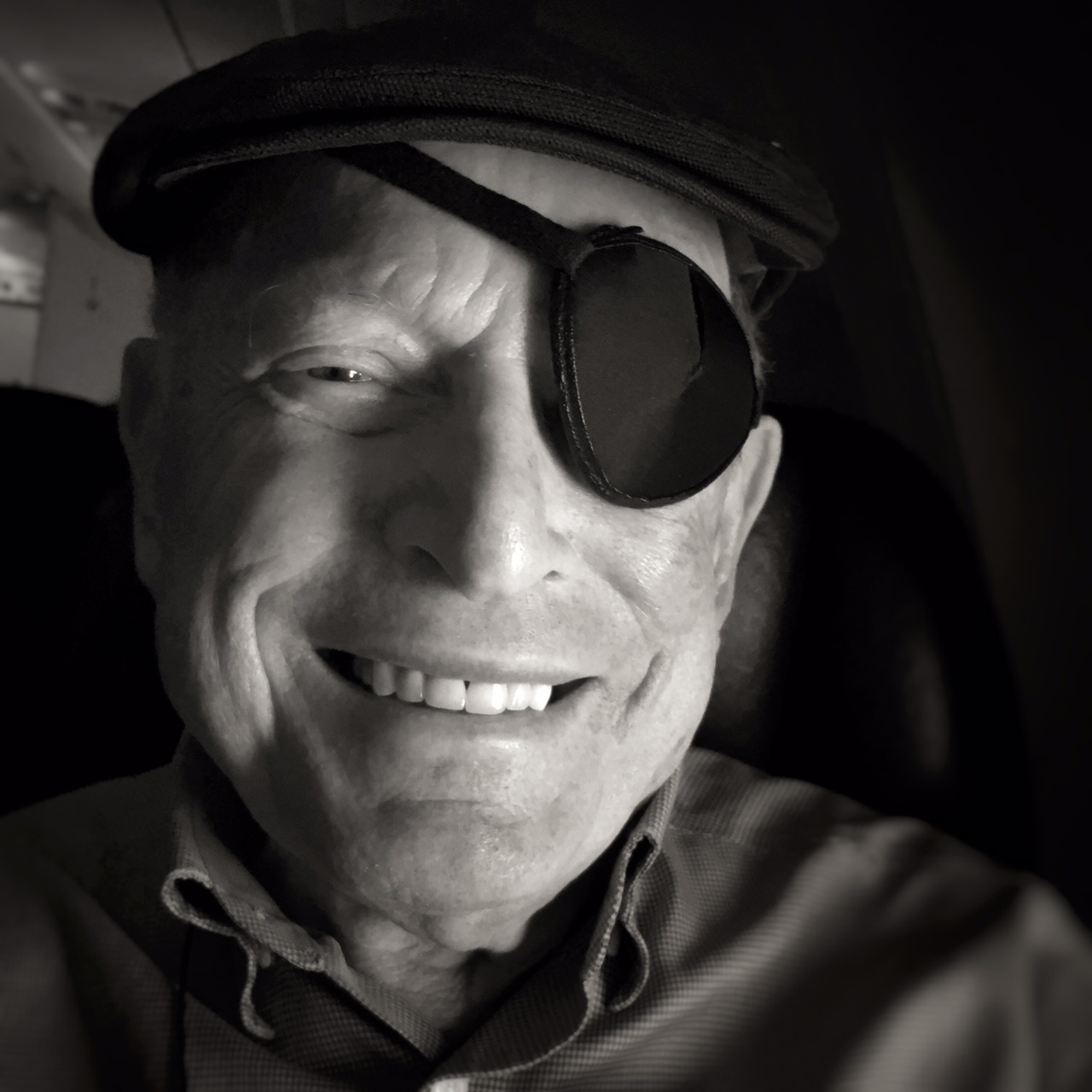09 Jun The Veil
Yesterday I was on my way to San Francisco to present two films as the SF Docfest. I happened to be sitting next to an older gentleman, Herbert Reichlin. He was reading the MENSA magazine and we discussed the letters section in which 4 different people had profoundly different responses to an article in the previous issue in which the author had argued that any belief in god, or a “higher power” was unjustified because no proof could be found. Thankfully, he and I agreed that flatly dismissing anything that there was no proof for made no sense. However, all too often those who profess belief in “science” refuse to consider ideas or concepts that have not been proven to be true through the gold standard of the “randomized control trial”. Unfortunately, this perspective is very limiting. Herbert and I continued to discuss ideas related to belief, science, and healing for the rest of the trip. We had very different perspectives and life experiences, but we shared an appreciation for truly open discussion. It was a fantastic conversation. We are on the same flight back and I hope we get to sit together again.
He and I talked a good deal about Dr. John Sarno’s ideas about the power of the mind to affect the body. Herbert’s brother Seymour is a prominent endocrinologist who spent much of his career studying the physical consequences of chronic stress so he got it right away. When I got to San Francisco Dr. Howard Schubiner shared a NY Times article about the negative health effects of being subjected to a life of discrimination, “Dr. Sarno was right about this in the Senate hearings! “Research suggests that discrimination is internalized over a lifetime, and takes a toll on people’s well-being”.
Some of that hearing can be seen in the trailer to our film. At about 1.5 minutes in Senator Bernie Sanders asks Dr Sarno about the effects of poverty and discrimination on health.
The longer back and forth goes like this:
SANDERS: You’re saying environmental exposure as in stress in terms of the stress of struggling to feed your family or take care of your child or go to work—
MAIXNER: Exactly.
SANDERS: That contributes to illness, which contributes the pain.
MAIXNER: Right.
SANDERS: Dr. Sarno?
SARNO: I would like to suggest a more Freudian if you will or psychodynamic explanation. And that is that poor people are angry, they’re furious as a matter of fact at what society has allowed to happen. And that fury will evoke physical symptomatology believe it or not as a defense against the rage. They can’t enrage and so what happens is they get sick and I believe this is an extremely common phenomenon.
SANDERS: You mean rather than burning down the capital they are turning that anger against themselves
SARNO: Exactly.
The NY Times piece goes into a more complex discussion of these ideas. Much of what Herbert and I discussed was how these ideas and concepts are often hidden from us by our cultural understanding of the world. The black lives matter movement, for example, took a lot of people by surprise, even many black people. However, for many others, the concept that black people in America are still subject to astounding levels of discrimination is glaringly obvious. We see the world through different lenses. However, at some point, more and more information begins to reach us and we hit a critical mass of awareness. I believe we are reaching that point in regards to the obviousness of the mind-body connection in regards to health. This is not to say that we do not have physical ailments, but instead that our physical ailments are connected to our emotions- and that if we ignore that connection we are only working with a fraction of the tools that we need in order fix the problem. It is our hope that “All The Rage” will further process of making people aware of the profound obviousness, and power, of this connection.



No Comments